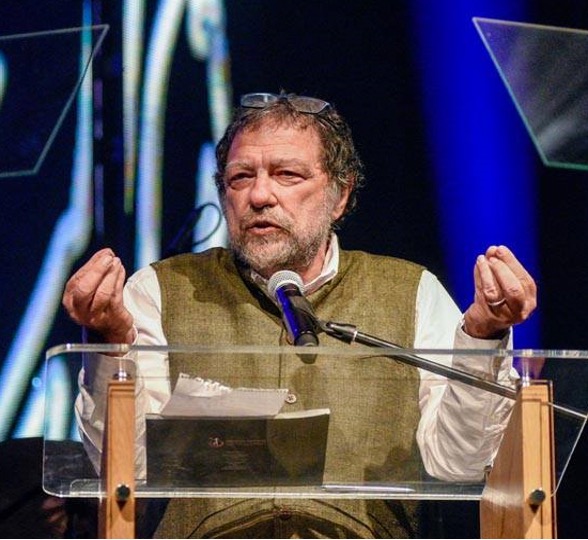Selected Publications
- Co-Author (w Sumangala Damodaran) (2023) Maps of Sorrow, Delhi and New York: Tulika and Columbia University Press.
- Principal Author (2021) Scripts of Defiance, Delhi and New York: Tulika and Columbia University Press.
- Author (2016) The Flight of the Gwala-Gwala Bird, Cape Town: South Africa History on Line Publications.
- Principal Author (2013), Gauging and Engaging Deviance, 1600-2000s, (Delhi: Tulika Academic Press; Columbia University Press)
- Principal Author (2011), The Charter for the Future of the Humanities and the Social Sciences, Pretoria: the Department of Higher Education.
- Author: (2010, 2012 second print run) The Mandela Decade 1990-2000 (University of SA Press/, Pretoria/Brill Academic Publishers)
- Author (2008) The Ethic of Reconciliation Madiba Press, Durban/New Delhi; translated and Republished in Turkey (2015) Barisma Etigi, Istanbul: Bayaz Baykuz Publishers.
FRIAS Project
The Shredding of the Mandela Dividend: the Ethic of Reconciliation Proscribed? & Sociology and the London Universal Race Congress of 1911.
There are two aspects of my work that I would like to bring with me for consolidation: the first under the banner of Catastrophic Trends in the contemporary Period involves 12 experts from all parts of the planet exploring ecosystems and pandemic crises, economic disturbances and escalations of arm production and threats of wars. My role in this apart from its coordination, is to complete an extended essay loosely titled The Shredding of the Mandela Dividend. A short version of it has appeared two years ago in the New Agenda Journal. It explores the reasons of how from a period of relative Peace and military expenditure reductions between 1994-2000 we see a rapid reversal of the trend in the midst of serious polarisations. It will be an addendum to my already completed work on the Ethic of Reconciliation which was published with some appreciation in 2008. The second is to begin a thorough research programme in cooperation with Dr Ercument Celik of the Institute of Sociology there and the “Other Universals” project of the Universities of Johannesburg and Cape Town who are looking at the “1911 Universal Races Congress” that took place in London which involved all the major social scientists of the time, representatives from 57 countries and more than 2000 participants. The event enjoyed the presence of luminaries like Toennies and Weber, Du Bois and Durkheim, Boas and Gandhi, Jabavu and Schreiner and many others. Despite efforts to convene a follow-up was disrupted by the First World War. It is an exemplary moment of enunciating a post-racial vision for the social sciences. From our perspective in South Africa, the presence of at least eight major leaders and thinkers of the African, Indian, Coloured and White communities and the need to study their correspondence and diaries and how they interacted with a plethora of thinkers from Europe, the Americas and Asia will be a scholarly breakthrough. This research collaboration will be extended into a creative project on “The Arts of the Universal Races Congress”, that explores musically, poetically and visually profound performances by artists who were searching for a common language in a racialized world, and creates a new work with musical maestros for a contemporary audience.
